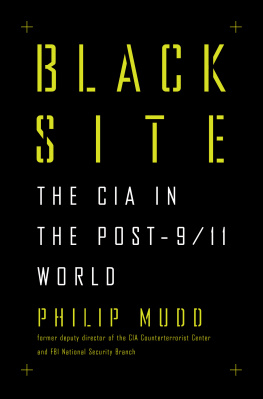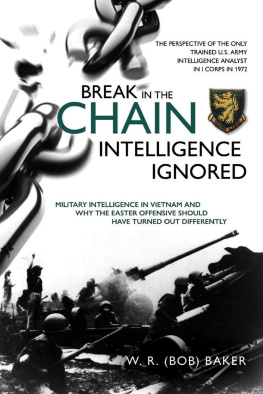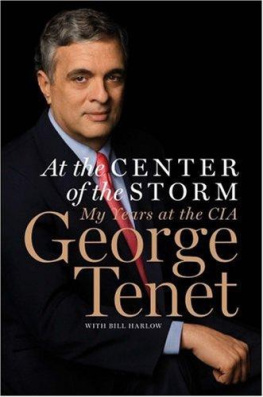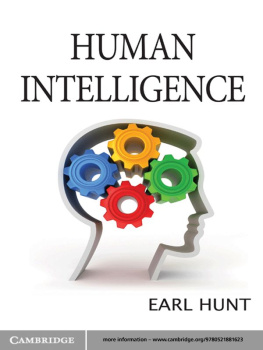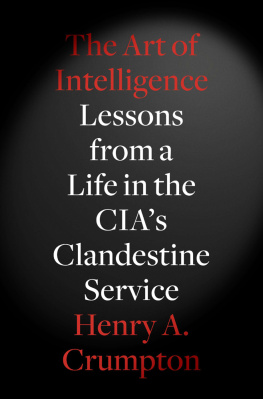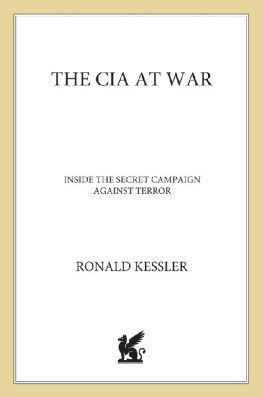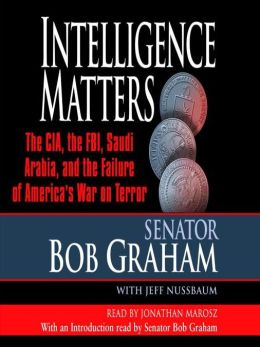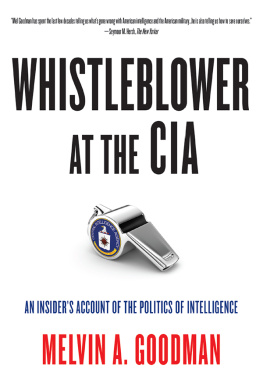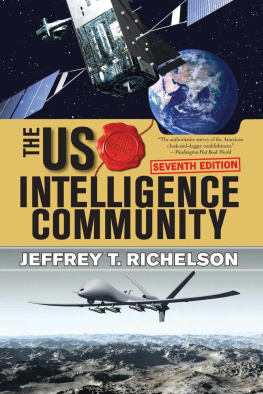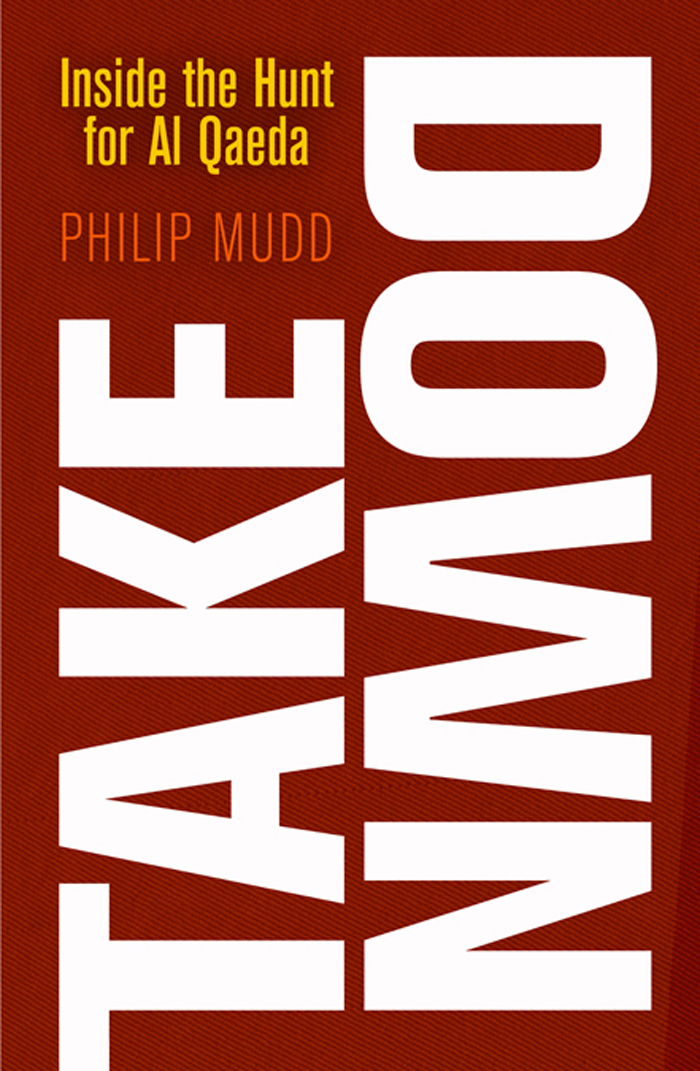TAKEDOWN
TAKEDOWN
INSIDE THE HUNT FOR AL QAEDA
PHILIP MUDD
PENN
UNIVERSITY OF PENNSYLVANIA PRESS
PHILADELPHIA
Copyright 2013 University of Pennsylvania Press
All rights reserved. Except for brief quotations used for purposes of review or scholarly citation, none of this book may be reproduced in any form by any means without written permission from the publisher.
Published by
University of Pennsylvania Press
Philadelphia, Pennsylvania 19104-4112
www.upenn.edu/pennpress
Printed in the United States of America
on acid-free paper
2 4 6 8 10 9 7 5 3 1
Library of Congress Cataloging-in-Publication Data
Mudd, Philip.
Takedown : inside the hunt for Al Qaeda / Philip Mudd. 1st ed.
p. cm.
Includes bibliographical references and index. ISBN 978-0-8122-4496-0 (hardcover : alk. paper) 1. United States. Central Intelligence AgencyOfficials and employeesBiography. 2. United States, Federal Bureau of InvestigationOfficials and employeesBiography. 3. Qaida (Organization) 4. Intelligence officersUnited StatesBiography. 5. War on Terrorism, 20012009. 6. TerrorismUnited StatesPrevention. 7. TerrorismGovernment policyUnited States. I. Title. [DNLM: 1. Mudd, Philip. ]
JK468.I6M83 2013
363.325163092dc23
[B] 2012038313
This book is for my father.
I suppose it is the way of most sons never
to tell their fathers that they love them.
But perhaps they can write it. Thank you,
papa, for everything you gave us,
and everything you taught us.
Break out a deck of cards.
Contents
Preface
The Orange Bowl, Miamis iconic, rickety football stadium, was the venue for the glory years of Miami footballfrom the hometown Dolphins perfect year of 1972, and their Super Bowl runs of the 1970s, to the rise of the University of Miami Hurricanes and their first collegiate national championship in 1982. When my parents moved the family, five kids, to Miami from Washington, D.C., in the mid-1960s, they bought season tickets to the Dolphins and held them for a few decades. My father often lent the tickets out, but he occasionally returned to Dolphins games after I left for college. It was part of growing up for me, watching the Dolphins in searing heat, and attending that first Hurricanes national championship victory in the Orange Bowl. It was there that my career started, and this story begins.
Months into graduate school studying English literature at the University of Virginia, things werent going entirely smoothly. The students were too goodnot competitive in a negative way, just too smart, too focused, and too driven. My grades werent good, David Letterman was a great diversion on late-night television, and I soon understood that I would never be able to pursue a doctorate and settle into a professorship. As I searched for the next step, teaching kids to love literature seemed like a good option: until threedozen high schools rejected my resume, all in similar letters that I taped to the refrigerator door. After earning a Masters degree in literature, I found myself working at a tiny newsletter publishing company in the suburbs of Washington. Not much of a career, wearing my dads old suits, wide 1970s lapels and all, and commuting to a high-rise office building in suburban Bethesda, Maryland. Making $13,500 a year. It was clear this wasnt the future.
Until my father called. He told me that Al, our old seatmate at the Dolphins games and a man I had known from my childhood, had seen an employment advertisement in the Wall Street Journal. It was the years of Reagan budget bumps for defense, and the CIA was growing rapidly. They needed new people, and they were hiring. Only a month or two into the newsletter job, I already knew it wasnt for me. Not knowing anything about the CIA, it nonetheless sounded a lot more interesting than what I was doing. It was international, with the allure of travel and working with an organization with a brand name that inspired awe across America, and around the world. And despite my lack of depth on international affairs, I, like any reader of the daily Washington Post, had a regular diet of global events on my doorstep every morning. It seemed interesting. And it had to pay a lot better than my newsletter job.
There was no online Wall Street Journal in 1984, obviously, and no way I could think of to contact the CIA. Without Google, how did a prospective applicant submit a resume? Dial information and ask for the CIA switchboard? So, as an enterprising twenty-three-year-old, I hopped in my rickety Chevrolet Chevette, resume in hand, and drove right up to the front gate of CIA headquarters, in the leafy suburb of Langley, Virginia, off the George Washington Parkway that runs along the Potomac River. Security around CIA headquarters increased in later years, after terrorism at home in America became a concern and two CIA employees were murdered near the front gate. But when I drove up, I immediately found myself before the guard station at the entrance. No concrete barriers, no visitor center. Ill never forget it. What do you want? the armed guard asked. And, like naive college graduates the world over, I thought I had a good explanation for a rash drive across town to one of the most secure facilities in Washington. I understand you are running newspaper advertisements for new employees, and I have my resume here, I answered, through a rolled-down car window.
It is hard to imagine what that guard thought, but I had no other option I could think of in order to offer my application to a place Id only ever heard of in movies and books. I didnt have the Journal ad, which presumably had a forwarding address for resumes. He directed me to a nondescript building in nearby Rosslyn, Virginia, directly across the old Key Bridge from the exclusive townhouses of Georgetown. So I drove there, left the resume with a receptionist, and drove home, thinking that would be the end of that. A secretary at the entrance took my resume and said theyd be in touch. That was the kiss of death for a job seeker, especially with a track record of threedozen turndowns from high schools across the northeast.
A month or two later, I returned home to find a flashing red light on my answering machinethe old boxy type that now probably exists only in museums. I rolled the tape and knew instantly, despite my ignorance about intelligence, national security, or Washington itself, that this was the CIA. Declaring only his first nameBob? John? Jim? I dont remember, except that it was not memorablea voice on the other end of the line left a short, vague message, and a phone number. Please call, he asked, sounding appropriately nondescript. I was excited, hoping this was the way out of a first career step I knew would never work.
Another trip in my Chevette, whose engine at this point had the unfortunate habit of regularly cutting off entirely in 65-mile-per-hour traffic on Washingtons beltway, the commuter highway that encircles the city. Another reason for a new job and a new salary: time for a new car, something to replace an inherited family heirloom that was turning out to be a deathtrap. Like many potential new hires, I was so excited, and so worried about getting caught in traffic, that I arrived perhaps 90 minutes early. I drove farther down the parkway, past the CIA complex, to stop at a fast-food restaurant for breakfast and coffee, and returned in plenty of time.
A battery of interviews followed. Psychological tests. A polygraph with a humorless questioner. Face-to-face conversations with managers. A test or two on general familiarity with world events, for which Id prepared by trying to read the


